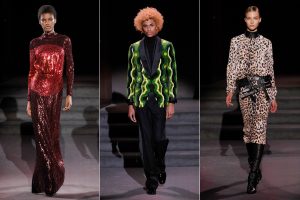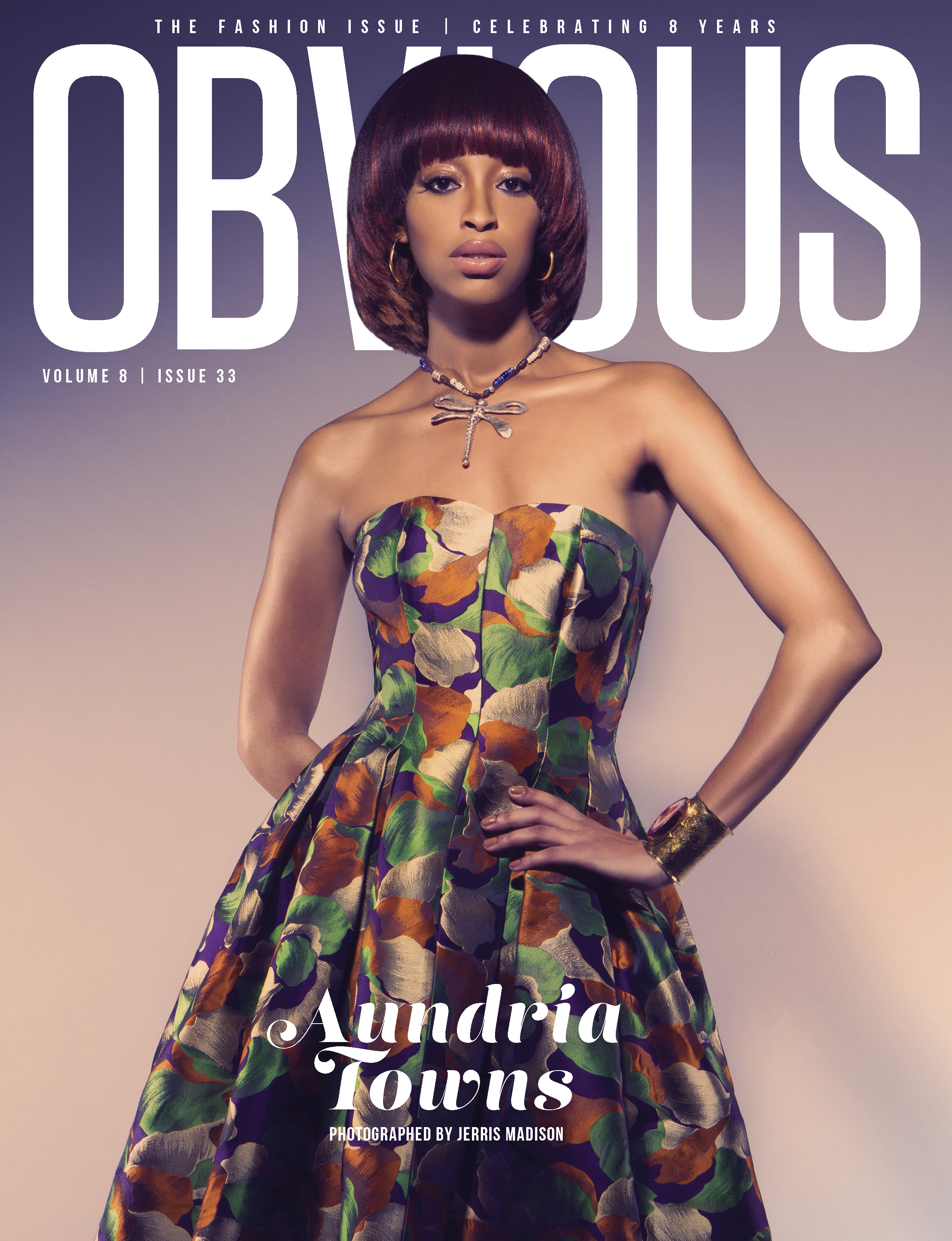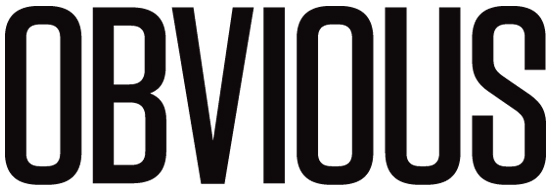Academy Award-Nominated Actress, Margaret Avery sits down with Youri Jean-Pierre to discuss life after The Color Purple, her co-starring role as Mrs. Patterson on Being Mary Jane and gives insight on how to find your voice in the entertainment industry.

Photographer Rakeem Cunningham
Creative Director I’Von Lakey
Fashion Editor VanVan Alonso
Makeup Jose Pablo Monzon
Hair Silvia Turcios
Top Chanel
Vest/Hat Camelia Skikos

Left
Dress Adrianna Papell
Necklace The2Bandits
Shoes Calvin Klein
Ring Margaret’s Own
Right
Button Up Top Prada
Cape Coat Calvin Klein
Skirt Aidan Mattox
Necklace/Ring J. Southern

Dress Adrianna Papell
Side Fabric Sculpture/Tail Van Van
Interview
Your character on Being Mary Jane is battling Lupus. How does portraying Mrs. Patterson serve as a voice for those battling such a disease?
I believe the fact that the character was even written with the disease and constantly exposes how she interacts with it and how it affects her family is the biggest service to those battling Lupus. We as a community rarely talk about Lupus and even though African-American women are the most affected, there is very little awareness in our collective conscious. Helen’s career was devastated by Lupus, her sense of consistency as the family Matriarch is consistently challenged due to the in-and-out deceptive nature of the disease’s side effects, not to mention the long-lasting physical impact that an autoimmune disease can create.
Being Mary Jane is a big hit series. Did you ever think it would be this successful?
The cast knew it was well written. Coming across a show that showcased such authenticity in human experience, especially those from an African-American perspective, was rare and needed. Back in the day, our relationships were written with no connectivity to our culture and as actors we had to bring that integrity to a role ourselves. The fact that the script highlighted all of the nuances in a Black family with respect and honesty was refreshing. Overall, I think we knew the series would raise the bar for sure.
Being Mary Jane has covered lots of different topics such as infidelity, teen pregnancy, drugs, etc. Do you think it is necessary to expose often tabooed issues in a society where information can be found simply by logging on the Internet?
Most people do not seek out or scrutinize information on a given subject. Unfortunately, most listen to opinionated voices influenced by ignorance, jaded personal experiences, or cultural dogma. Being Mary Jane exposes topics in a realistic way and Iíd like to think it creates honest conversation.
You and Gabrielle Union seem to have a great mother and daughter chemistry. Tell us about working with Ms. Union professionally.
Ms. Gabrielle is extremely professional, which a girl like me really appreciates. She knows her lines, is on time, and makes intelligent and thoughtful contributions. Plus, she has a ton of energy! I mean it’s required to appear in nearly every scene. On a more personal note, I admire her wit and tenacity.
‘The Color Purple’ was and still is a powerful movie. How do you think it changes Hollywood’s perception on black actors at the time of its release?
I think Hollywood’s perception of black actors has been one of knowing we are capable, but the larger issue is the fact they didn’t see us as BANKABLE.
Steven Spielberg, the only person in Hollywood with enough studio clout to back a high budget all-black ensemble feature, made ‘The Color Purple’ bankable. However, to be honest, even after the film’s success and my Academy Award nomination, I wasn’t able to get representation from top managers – their question always was “What can I do with you?” I didn’t work for two years following Purple because there were no black films to follow, which is what I was still limited to doing. I believe the industry has grown quite a bit in that regard, I must say.
When I know what a character is truly thinking at any given time, I can say a line 500 times and give something different, yet fresh, each take.
Do you think ‘The Color Purple’ would be as successful if it was released today?
Definitely! The driving themes in Purple, which were so relevant when it was originally released, are just as relevant today. With all of the new technology in today’s industry, it could even be better.
Your energy projects a sense of peace and serenity, is there anything you do privately to keep your balance?
Child, catch me on a bad day [laughs]. No, but I’ve found that prayer and meditation always add to my overall balance and peace.
Being such a successful actor, is there a character you would love to portray that you havenít done throughout your career?
I would love the opportunity to play any role in the vein of those that have been portrayed by the likes of Meryl Streep, Helen Mirren, Cate Blanchett, or Judy Dench. These women have had the opportunity to perform such a wide range of characters; diversity in roles at this stage in the game would be nice.
For black actresses still fighting to have a voice in the television and movie industry, what advice do you have for them?
My advice is to be knowledgeable on individuals that are currently influencing the industry in a major way. Soak in all of their wisdom about their industry experience and how they view professionalism. Mara Brock Akil, Oprah Winfrey, Shonda Rhimes, and Ava Duvernay come to mind. There’s a lot of insight out in the world that can empower black actresses to take the bull by the horn and even create content for themselves. Yet and still, ALWAYS polishing your craft so the tools you bring to the table will be exceptional and original reigns queen.
Any new projects in the works?
I love theater! Theater allows me to be cast in roles that are vastly different than any I’ve gotten in Film or TV and the stage provides the opportunity for growth which is very important to me. Iím slated to lead a couple productions during the second half of this year.
What do you do to prepare for a role?
It depends on how much time is available to prepare. For TV roles, I sometimes have to prep overnight while film roles allow for more in-depth development. I generally begin with reading the script several times, looking for what other characters say about my character and taking note on how I connect to everything else in the project. I can then not only dissect what the character is saying and how she says it but what she is thinking. When I know what a character is truly thinking at any given time, I can say a line 500 times and give something different, yet fresh, each take.
In three words describe Margaret Avery.
Blessed, Grateful, Resilient.























NO COMMENT